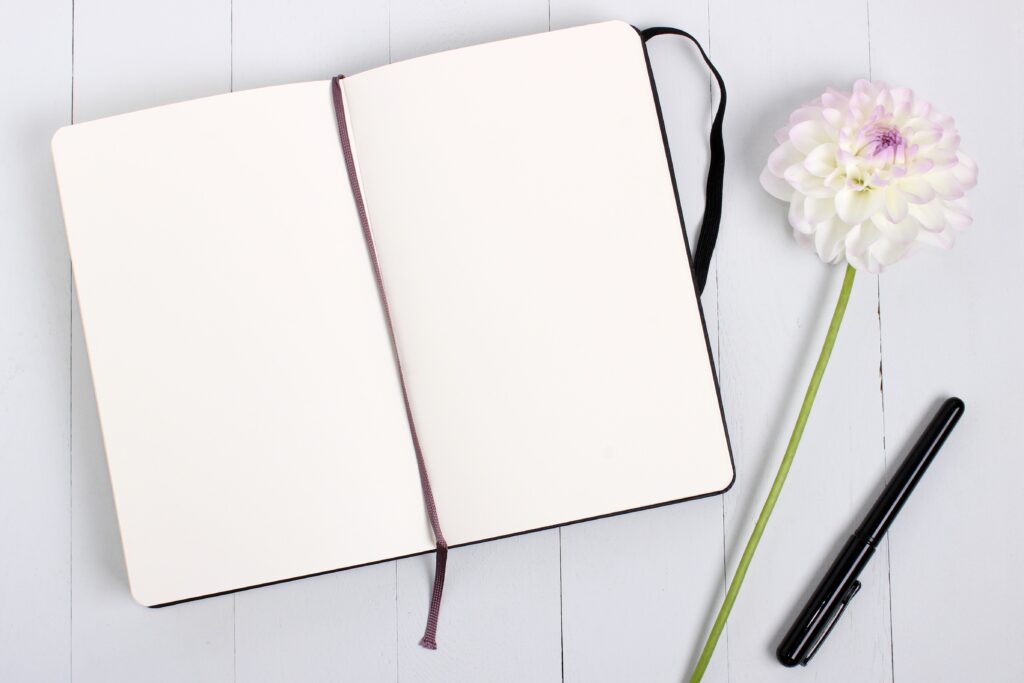
Keeping a Food Diary.
What is a food diary?
A food diary is a log of what you consume (including drinks) each day. You can use it to improve your health by tracking what you eat and drink and it can help you understand your eating habits.
What can be tracked can be improved!
Why keep a food diary?
When a Diet or Nutrition advisor asks you to track your food and drink intake as accurately as possible for a number of days there is always an internal groan!
Yes, it can be a pain, to weigh, measure, calculate and read labels, the extra time and effort required in an already busy day, but the good news is, the more accurate you can be during this short period of time the better analysis can be made and in turn better results for you in the long term.
What should be included?
As much information as you possibly can! Be as specific as you can:
- Portion size/weight,
- number of items,
- size of items eg a medium banana or a large banana
- Type – ie bread/pasta white or wholemeal
- Every meal, snack, drink
It can also be helpful to note:
- Time of day
- Mood – How you are feeling – Happy, bored, tired, sad, anxious, stressed, lonely
- How the food was prepared/where it was purchased
- Who you are eating with
- Where you are sitting – at a table, in the car, in front of the TV
What are the benefits?
One of the main reasons people start keeping a food diary is if they are trying to lose weight. A food diary can help identify not only the quality of food choices but the portion sizes or the extra snack we forget about therefore identifying small changes that can be made to get the results you are looking for quicker.
Another increasingly popular reason is to identify food sensitivities. By taking note of what exactly you are consuming and how it makes you feel after you may be able to identify an ingredient that doesn’t agree with you, you can then try eliminating certain ingredients for a short time, see how your health improves and re-introduce this ingredient looking out for any particular reactions.
A food diary can reveal more than just your calorie intake. It can help improve your nutrition, by looking at food and beverage intake over a few days we can see the overall macronutrient content (Carbohydrates, Protein and Fat) and therefore the micronutrient content (Essential vitamins and minerals).
Keeping a food diary can help you:
- Increase motivation
- Improve the effectiveness of your health goal
- Help you attain and maintain
- Give you accountability
How to keep a food diary
Take a notebook, or a large piece of paper, write the date and start writing down everything you eat, preferably as you eat it each meal or snack. If possible try and note how you feel emotionally and how the food makes you feel once you have finished eating along with any other helpful information.
You can sit down at the end of the day and try to log everything but this isn’t always as accurate. If this is the only way you are able to keep your diary though then a good tip is to think about your day hour by hour from the moment you woke up then hopefully this will catch all the information you need.
What next?
Once you have all the information it is time to set SMART goals depending on what your main health goal is.
Then, make a balanced meal plan for each meal every day, this will allow you to include variety and ensure you are getting the right balance of macro and micronutrients each day.
If you will set New Year resolutions around food and eating habits, why not take some time now to track your food intake and eating habits so you are prepared with your SMART goals to kick off January on the front foot and make 2020 your healthiest year yet!
If you would like to chat with me about your unique menopause transition, book a Wild Well-Being call and come away inspired and motivated to begin your journey to optimal health.
